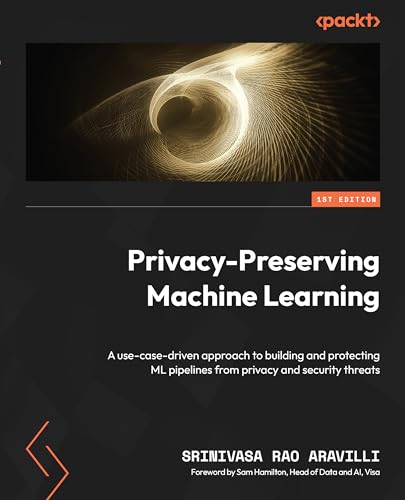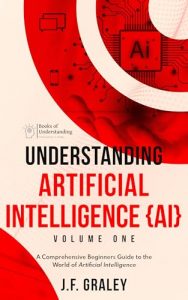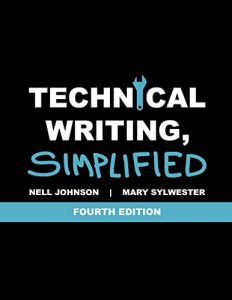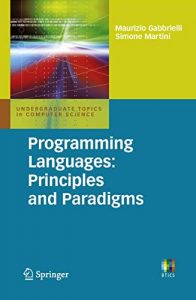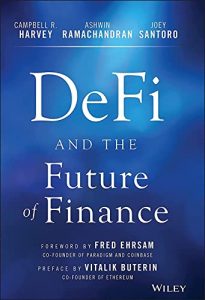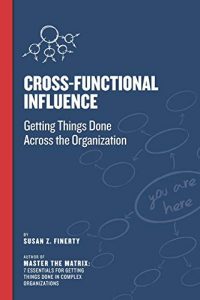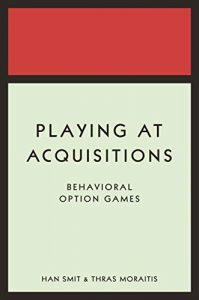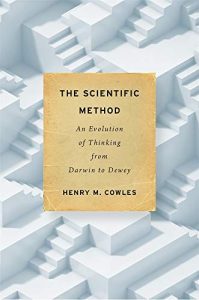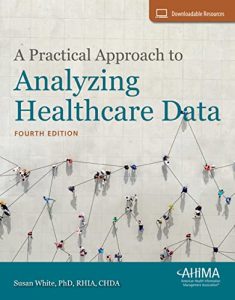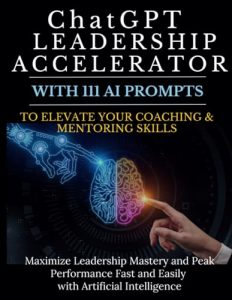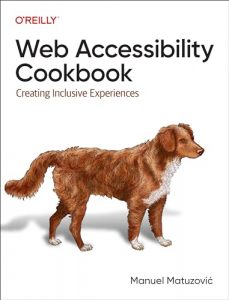1. Privacy-Preserving Machine Learning: A use-case-driven approach to building and protecting ML pipelines from privacy and security threats
This insightful book by Srinivasa Rao Aravilli dives deep into the essential aspects of safeguarding machine learning processes from ever-evolving privacy threats. As our world increasingly relies on artificial intelligence, the necessity to shield sensitive data cannot be overstated. Aravilli outlines practical applications and offers robust frameworks that could be invaluable for industry practitioners and researchers alike. This book is a must-read for anyone looking to understand and implement privacy-preserving techniques in their machine learning projects.

2. High Performance Privacy Preserving AI (Nowopen)
With contributions from experts Shenoy, Grinaway, and Palakodety, this book presents strategies for maximizing the performance of AI systems while ensuring privacy. In today’s data-driven environment, the conflict between maximizing computational potential and preserving privacy is more pressing than ever. This book effectively bridges that gap by offering innovative solutions that are both technically efficient and compliant with privacy standards. For any reader serious about the future of AI, this is an essential resource.

3. Privacy-Preserving Machine Learning (SpringerBriefs on Cyber Security Systems and Networks)
This collaborative effort from Li, Liu, and Chen offers an extensive examination of privacy-preserving machine learning techniques. The authors meticulously analyze various methods and provide a clear structure that makes complex concepts easier to grasp. This book not only serves as a comprehensive guide but also inspires critical thinking regarding data privacy challenges in machine learning applications. Researchers and students alike will find this a valuable addition to their libraries as it sheds light on the integration of privacy within modern machine learning frameworks.

4. Secure Multiparty Computation: The Future of Privacy-Preserving Data Sharing and Collaborations
Samson Dinakaran and Ramkumar deliver a refreshing perspective on secure multiparty computation, making this book a great read for both novices and seasoned experts. In an era where collaboration and shared data are paramount, understanding how to safeguard privacy during these processes is crucial. The authors present insightful case studies and practical applications, empowering readers to enhance their data-sharing strategies without compromising privacy. This work is not just theoretical; it’s a handbook for real-world applications.

5. Privacy-Preserving Deep Learning: A Comprehensive Survey (SpringerBriefs on Cyber Security Systems and Networks)
This concise yet comprehensive survey by Kwangjo Kim and Harry Chandra delves into the landscape of deep learning and its implications for privacy preservation. The book elegantly consolidates research findings and methodologies, making it an invaluable reference for those invested in the intersection of deep learning and privacy. The authors’ thorough approach aids anyone striving to implement deep learning models while adhering to data protection regulations.

6. Privacy-Preserving Machine Learning for Speech Processing (Springer Theses)
Manas A. Pathak’s work on privacy in speech processing highlights one of the most sensitive areas of AI technology. This book provides a framework to understand the challenges and potential solutions to retaining privacy while utilizing speech data. As voice-activated technologies proliferate, this text becomes increasingly relevant. Pathak combines theoretical foundations with practical implications, making it a must-read for developers and researchers focused on voice AI.

7. Preserving Medical Big Data Security with Soft Computing
In her detailed work, Priya Shanmuga dives into the unique challenges faced by medical data in the age of big data. This book employs soft computing techniques to enhance the security and privacy of sensitive medical information. Readers will appreciate Shanmuga’s approach as it simplifies complex topics, making them accessible. This book is essential for healthcare professionals and data scientists aiming for practical solutions in an increasingly data-centric world.

8. UN Privacy Enhancing Computation Techniques Handbook
This handbook by Mark Craddock et al. serves as a critical resource for understanding privacy-enhancing computation techniques on a global scale. In an era where global data sharing is becoming the norm, this book addresses essential privacy technologies necessary for compliance with various international regulations. Practical guidelines and expert opinions enrich the reader’s experience, ensuring this handbook remains a cornerstone for professionals working with privacy-enhancing technologies.


